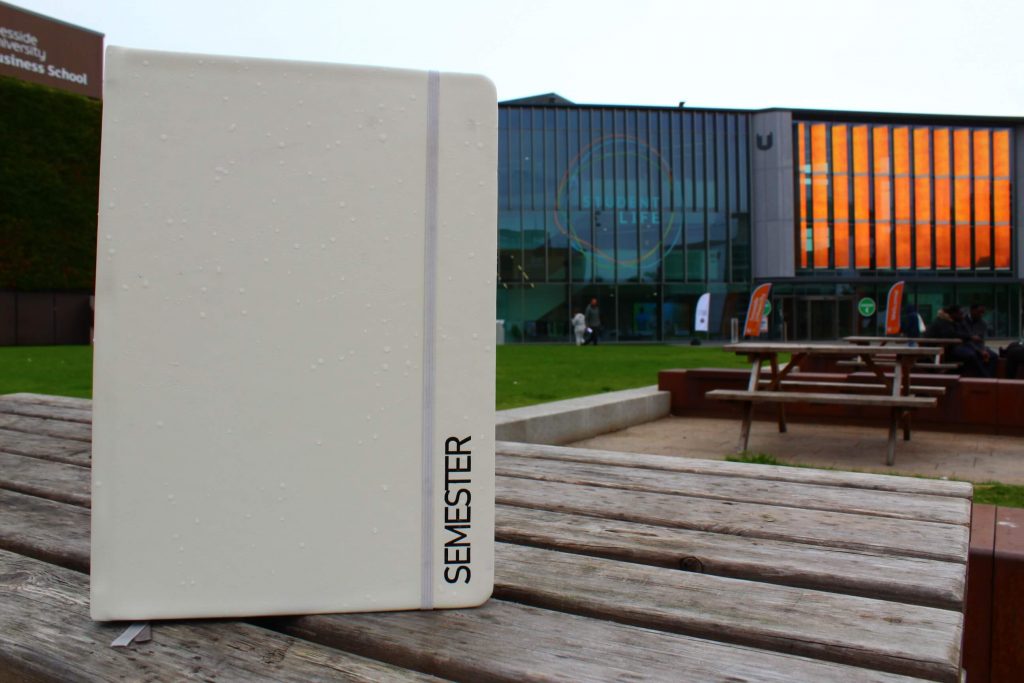

“You don’t get results by focusing on results, you get results by focusing on the actions that produce results”
Mike Hawkins
The previous post touched on the importance of planning and the many benefits that it can bring to your studies and personal life.
This post aims to zone in on a specific part of the planner ‘the focused few’, which is an area dedicated to planning your key most important tasks each day.

This is important because it is essentially establishing your priorities. Prioritising is extremely important for a number of reasons. Firstly, it allows you to filter between tasks in terms of importance, so you can differentiate between urgent tasks and those of much less significance (the trivial many). This is valuable skill, as being able to identify the most important tasks is vital in ensuring you work towards your goals focused and efficiently. Valuable time can be wasted on tasks with little importance that will not take you to your ultimate goals.
One of the #GrowthHacks which we teach you about in the product is the 80 / 20 principle, which essentially suggests that 80% of our results come from 20% of the work, identifying the 20% of important work is going to save you valuable time as well as helping you reach your destination quicker. The ‘focused few’ is most definitely part of this process.

Task prioritisation also ensures that you allocate yourself sufficient time to complete tasks. As shown above task prioritisation is a time management skill. When you are ambitious and striving towards multiple goals there are lots of things competing for your attention and your time can be pulled in many directions, you have to be able to dedicate time to getting things done. Achieving your goals requires daily consistent work. Writing your key tasks daily plants the seed that this is something that needs to get done today.
So, how do you establish what is important?
The #FocusedFew are essentially those tasks that contribute to your long term mission and goals. You should regularly assess your goals and see if the focused few tasks you are choosing daily, reflect your goals. If this is not the case, then you know you need to make changes, if this is the case, then keep going until you come to a point where your priorities align with your ultimate goals.
This is where planning comes in handy again.
“A goal without an action plan is just a daydream”
Nathaniel Branden
As part of the goal setting task at the very beginning of the planner, we ask you to also set milestones to reach that goal. Milestones can be specific tasks you need to do to accomplish your goal and validate that you are making regular progress. Rather than focusing on the long term outcome (which can sometimes seem too much of a big task to even think about starting!) it is about considering all the individual steps required to get there. Your daily focused few should also be reflective of these steps. Again, if you are working towards these milestones then you are working towards your overall goal and therefore you are on track.

Being able to identify what is important can also help your wellbeing in a variety of ways. It helps to minimise stress by structuring your day in a meaningful way. It helps to minimise the risk of feeling overwhelmed by giving you clear focus. It also helps avoid burnout by setting yourself boundaries. Our goal of teaching you to become more productive is not about simply getting as much done in as little time as possible, it is about helping you work towards your goals more effectively and being healthier in the process. It is only when you are your best-self that you can produce your best work, choosing to prioritise and select your key tasks for the day and the week is one of the most important elements of the Semester Framework and your ability to reach success and fulfilment in your studies and personal life.
Our challenge to you this week is to begin to think at the start of each day…“what are my focused few tasks that I need to do today”. Once you have decided on your focused few write these down on a piece of paper or post-it note so that you don’t forget them. By making this small adjustment you will be amazed at the improvement in the quality of your work and how much quicker you move towards your goals.
As always I hope this has helped you in some way. If you found this blog post useful please let us know and share your journey with us. We are really keen to build a community of like-minded students who we also hope to learn from. #LetsGrowTogether

Share this post
Related Post


Harnessing the Power of Planning: A Strategic Tool for Overcoming ADHD Challenges in Study
In recent years, Attention Deficit Hyperactivity Disorder (ADHD) diagnoses have seen a significant uptick across the globe, with the UK

Navigating the Winter Academic Chill: Strategies for Student Success
As winter blankets the world in a chilly embrace, students find themselves facing a unique set of challenges. The final

Time Management Tips for Students: A Successful Year Ahead
Introduction: Time management is a critical skill for students to master. Effective time management can make the difference between a



